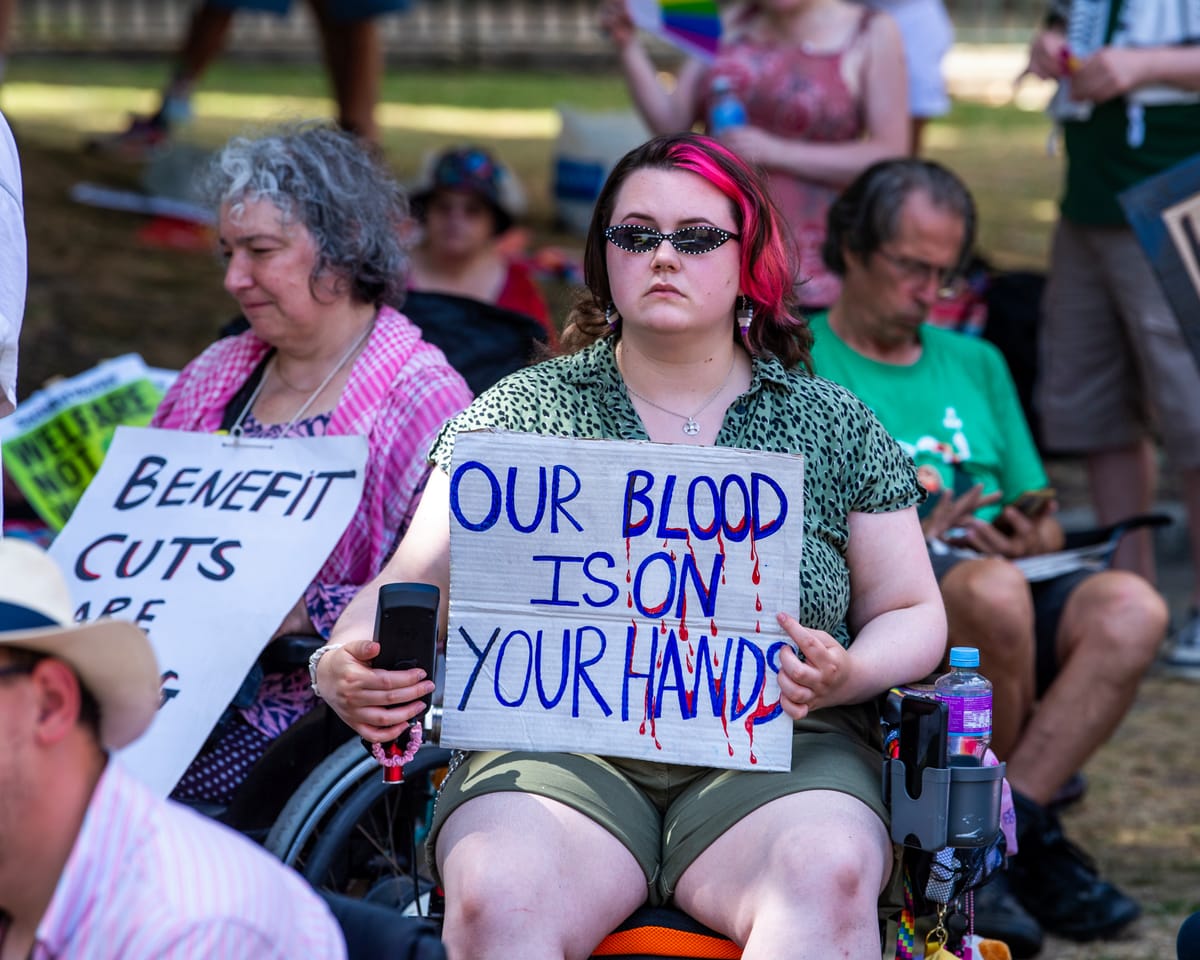Around 50,000 individuals who develop long-term illnesses or disabilities will face financial hardship by the end of the decade due to reductions in incapacity support, even after officials abandoned much of their proposed welfare changes, a parliamentary group has cautioned.
The work and pensions committee acknowledged the recent decision to discard some of the most contested aspects of disability-related reforms following opposition from more than 100 Labour MPs.
Among the abandoned proposals was a complete overhaul of eligibility rules for personal independence payments (PIP), which would have excluded nearly 800,000 people from receiving assistance by 2030.
Authorities also dropped plans to maintain unchanged the incapacity component of universal credit for current recipients, a move that would have affected over 2 million people by 2029-30. However, they retained plans to reduce the weekly rate by half for new applicants.
The committee stated in its report that the government had ultimately made the correct choice but pressed for further delays to remaining universal credit reductions until their effects on poverty, health, and employment were thoroughly assessed.
Officials faced significant resistance after being forced to scale back their initial proposal, intended to save £5 billion annually by 2030. Prime Minister Keir Starmer later acknowledged that the process had not been handled properly.
While all existing benefit recipients and those with severe or terminal conditions will continue to receive full support, starting next year, other applicants with work-limiting health issues will see their monthly payments decrease from £423.27 to £217.26.
Debbie Abrahams, the committee chair, remarked, “While we recognize the government’s concessions, concerns remain regarding these reforms, particularly the reduction in aid for those newly affected by illness or disability.”
She noted that official estimates predict 50,000 people claiming universal credit after April due to health conditions or disabilities will fall into poverty by 2030 because of the cuts.
“We urge postponing reductions to the health-related portion of universal credit, especially since additional healthcare resources, job assistance, and labor market changes intended to help individuals remain employed have yet to be realized,” Abrahams added.
“A reformed welfare system is necessary, but the well-being of beneficiaries must be safeguarded. Recent events highlight the need to evaluate policy impacts on health-related assistance before implementation to avoid unintended harm.”
The report also called for the withdrawal of a proposal under review that would block 18-to-22-year-olds from accessing incapacity benefits.
Read next

"Widow to forfeit half of pension scam compensation to taxes"
The relatives of a man who lost his retirement savings after becoming entangled in the Norton Motorcycles pension scheme fraud are set to forfeit nearly half of their compensation due to an obscure tax regulation.
After a prolonged effort to secure payment from the Fraud Compensation Fund (FCF), Robert Dewar’

"Has Kemi Badenoch Ended One Nation Conservatism?"
In one interpretation of the Conservative Party's electoral successes, its last three victorious leaders—John Major, David Cameron, and Boris Johnson—each entered Downing Street promoting unity and broad-based principles.
However, this year's gathering of Conservative members has been defined by tougher language on asylum policies

Zarah Sultana and Corbyn reconcile, poised to co-lead new party
Zarah Sultana and Jeremy Corbyn Reconcile Ahead of New Political Group Launch
Zarah Sultana has stated that she and Jeremy Corbyn have resolved tensions in their joint leadership of a new political initiative, comparing their dynamic to that of the Gallagher brothers from Oasis.
Speaking alongside Corbyn at the *World

